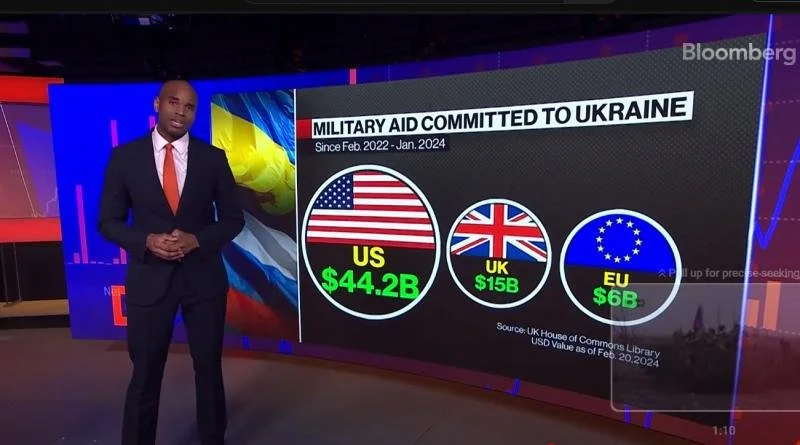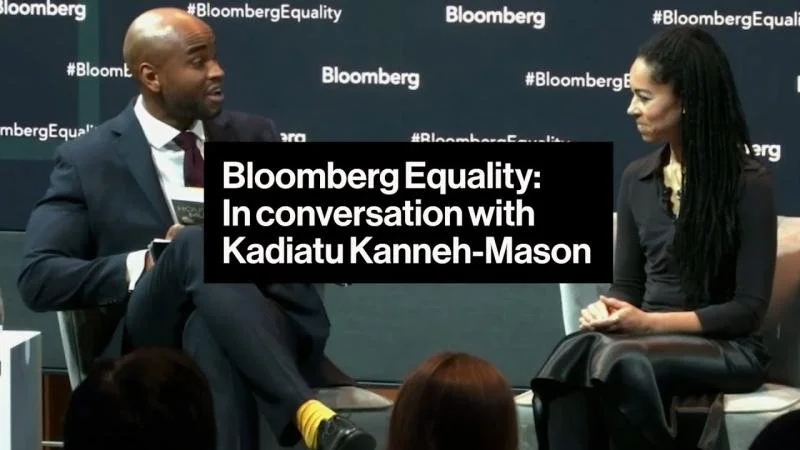Britons are staying in to save money amid cost of living shock
Shift explains spending on supermarket alcohol and sweets
By David Goodman and Samuel Etienne
After a week of grim reports showing inflation at a four-decade high and consumer confidence at the lowest level since at least 1974, a release on Friday showing retail sales unexpectedly rose in April appeared to buck the trend.
The 1.4% increase announced by the Office for National Statistics defied economists expectations for a 0.3% decline. The result was all the more surprising given the figures cover a month when millions of Britons faced eye-watering rises in their energy bills, alongside a sharp jump in payroll taxes.
However, the details of the report told a less positive story.
The increase was driven by spending on alcohol, confectionary and tobacco in supermarkets, which, the ONS suggested, could be “possibly due to people staying in more to save money.”
Spending on those items had plunged in the early months of 2022 as Britons returned to pubs and restaurants amid easing fears about Covid-19. A return to at-home entertainment would be a further worrying sign of ebbing confidence.
“It’s not as positive as the headline figure suggests,” Nina Skero, director and head of macroeconomics at the Centre for Economics and Business Research, told Bloomberg TV on Friday. “What drove this better-than-expected reading are further signs that consumers are expecting a significant slowdown.”
Mixed Fortunes
Sales at department stores, clothing & fuel are below pre-Covid levels
Source: Office for National Statistics
Note: February 2020 = 100; Volume of sales
Furthermore, monthly retail figures can be a volatile and somewhat idiosyncratic measure, meaning a single month of growth cannot be taken as a sign of a recovery.
Indeed, the longer-term trends are still bleak. Sales were down 4.9% from a year earlier, the worst reading since January 2021’s lockdown. They also weaker on a three-monthly basis, falling 0.5% compared with November-January when fuel is excluded.
The release also showed some signs of weakness in discretionary areas of spending, such a furniture, tallying with GfK’s findings that consumers are growing less likely to spend money on big-ticket items.
What Bloomberg Economics Says ...
“Don’t be fooled by the rebound in retail sales in April. The biggest squeeze on incomes in a generation is set to further constrain consumer spending in the coming months. Bloomberg Economics expects the economy to lose steam quickly as the impact of rising inflation squeezes household purchasing power.”
--Niraj Shah, Bloomberg Economics. Click for the REACT.
— With assistance by Anna Edwards, and Mark Cudmore











